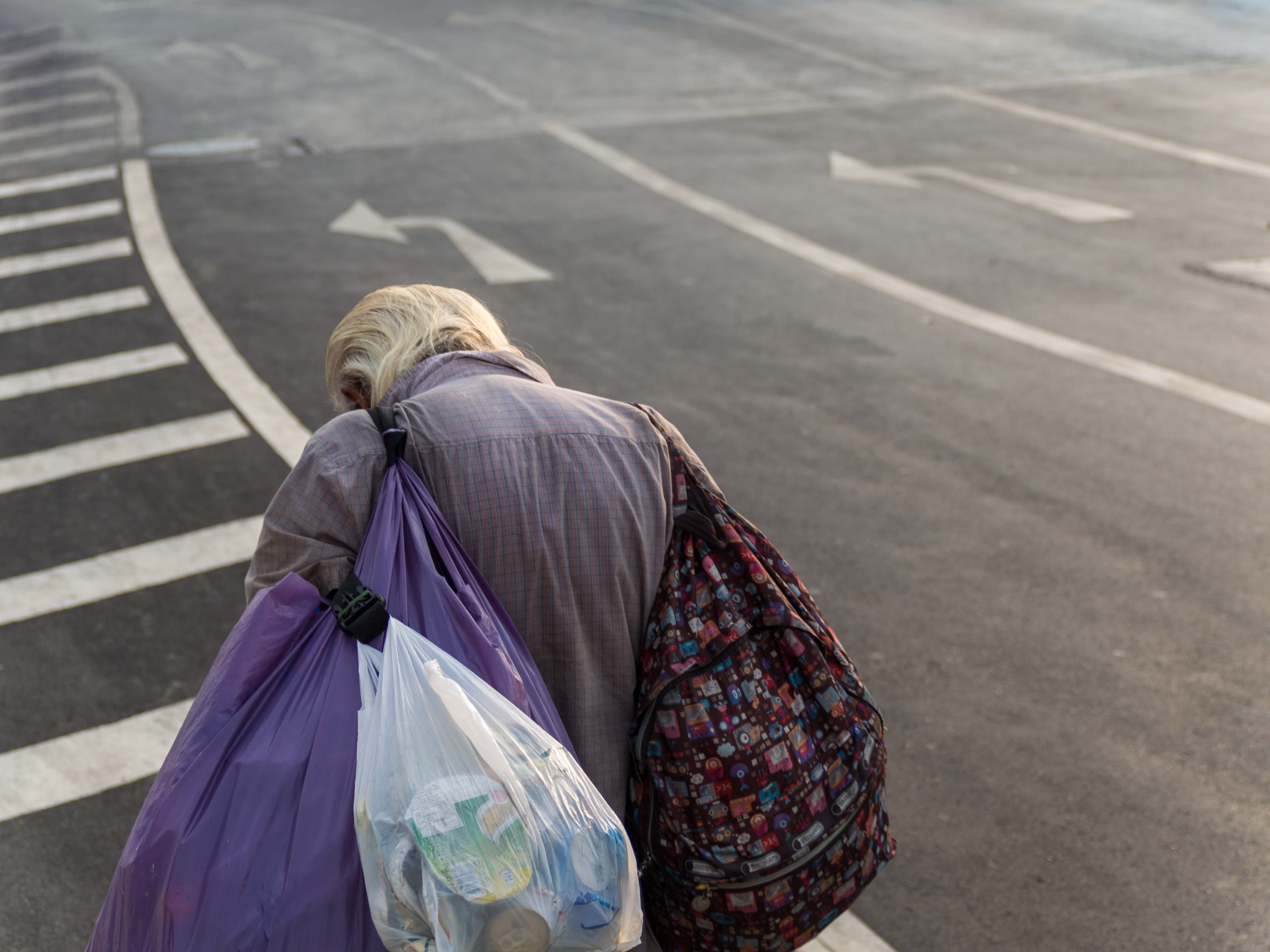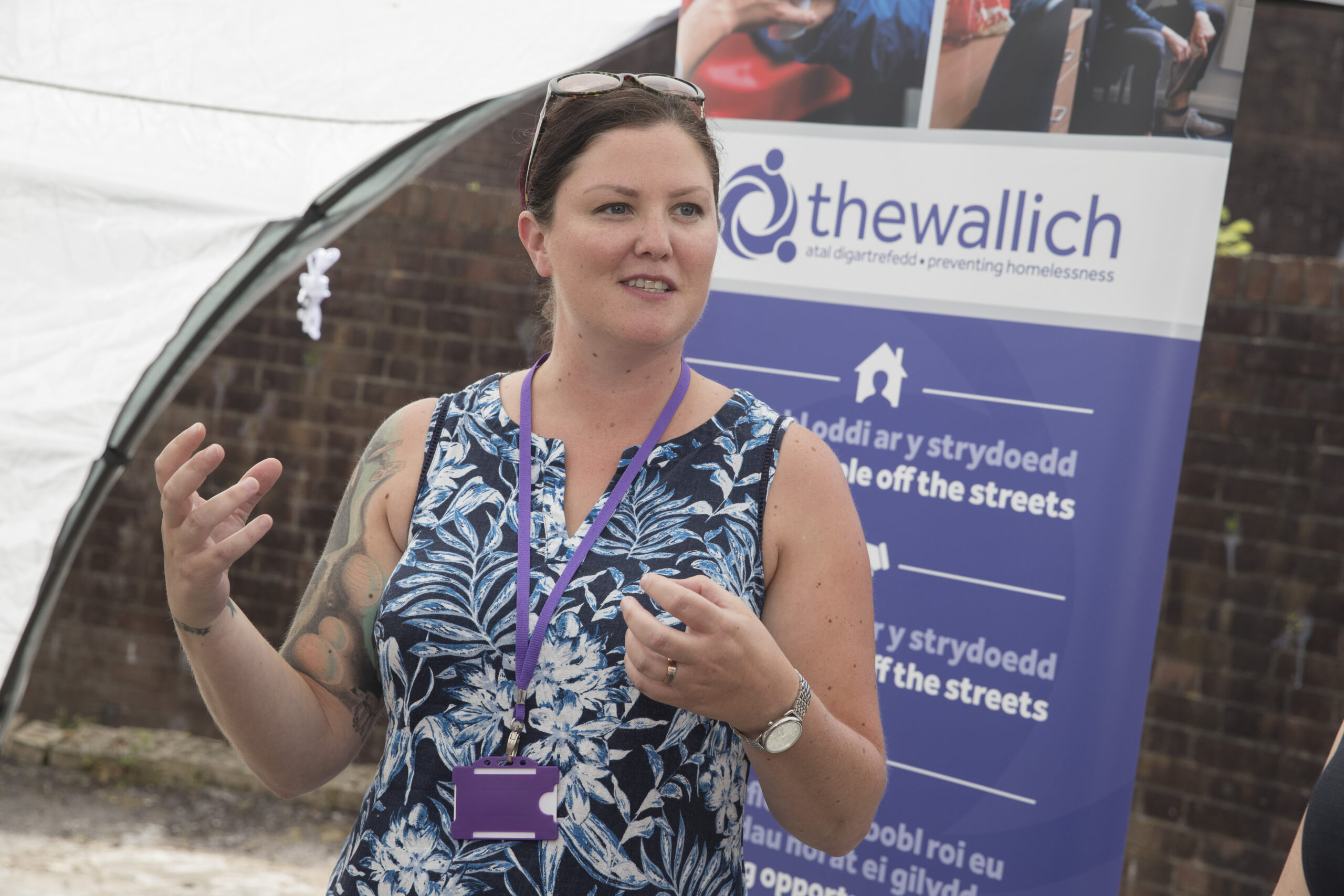What we have witnessed during the lockdown is nothing short of a heroic effort by Welsh Government, local authorities, the business community and charity organisations, like The Wallich, to pull together, share resources, be there for each other and to make unbelievable things happen.
I absolutely applaud my staff, and everyone involved, for the passion and commitment they have shown to keeping homeless people as safe as possible while we navigate this crisis.
However, even though I feel a sense of pride, there’s also a slight taste of bitterness I can’t escape. We already knew that homelessness was a national human emergency. We already knew that homelessness was the biggest health crisis we’ve faced in a generation. So, why couldn’t we deal with this before?

Professor Richard Wyn Jones from Cardiff University has eloquently explained that the Brexit vote was a result of incongruent socially constructed identities.
Such a range of identities exist, with varying perceptions of what it means to be British, Welsh, English, Scottish, Irish or European that regional echo-chambers developed.
This situation has been aggravated by the fact that affluence and poverty often co-exist within a single neighbourhood.
According to the 2019 report on Welsh Indices of Multiple Deprivation, urban areas like Cardiff, Swansea and Newport include some of most and least deprived wards in Wales; often within a few minutes’ walk from each other. This results in feelings of otherness and exclusion; two parallel worlds exist in the same physical space, but one is denied many of the experiences enjoyed by the other.
Clearly, we are not ‘all in this together’, and pretending otherwise may simply be putting more undue pressure on the poorest and most vulnerable to keep up, but without the same opportunities and resources.
People who find themselves homeless know a thing or two about othering. They’re often called ‘the’ homeless, those people over there with complex needs. Those that ‘just need to get a job’ or ‘pull themselves up by their bootstraps’.
What COVID-19 has done is force us to confront our common humanity. All of a sudden, we’re all the same. The person on the street we used to walk past disdainfully is one of us now. We have to fight this disease together. We all have a role, like bees maintaining the good of the hive, even if that is at the expense of the individual.
It’s heartening to see so many people re-discovering the importance of volunteering, community connection, checking on neighbours and being good citizens. In our own organization, the examples of staff going above and beyond to help people and the outstanding generosity of people and businesses is in abundance.

Underpinning everything that I witness about this crisis, is a resounding feeling of hope.
I hate COVID-19 as much as the next person but could this be the challenge that reunites our fragmented community?
I’m so thankful for the extra resources that have been ploughed into helping people sleeping rough off our streets and into accommodation; the commandeering of empty hotels, the fast track into community housing, the £10million that Welsh Government has made available to tackle this crisis.
The progress that has been achieved in such a short space of time is staggering but we need long-term sustainable solutions, psychologically-informed support, a change in the way we commission services and a huge commitment from government to make sure we don’t regress to the way things were a few months ago.
Amazing things have happened because we have all come together to find innovative solutions, break down barriers and do whatever it takes to keep people safe.
My call to action is a simple one. Let’s use the lessons we have learned from the examples of excellent policy and creative solutions to carry on when this is all over, to ditch the dirty habit of othering.
Let’s stay together in our fight against homelessness.